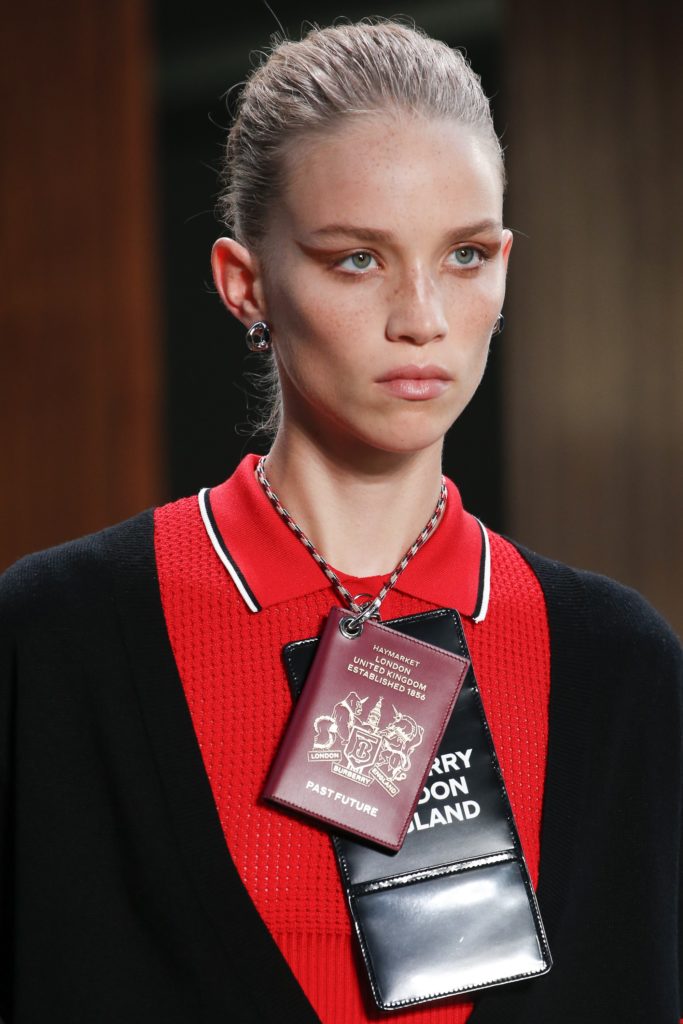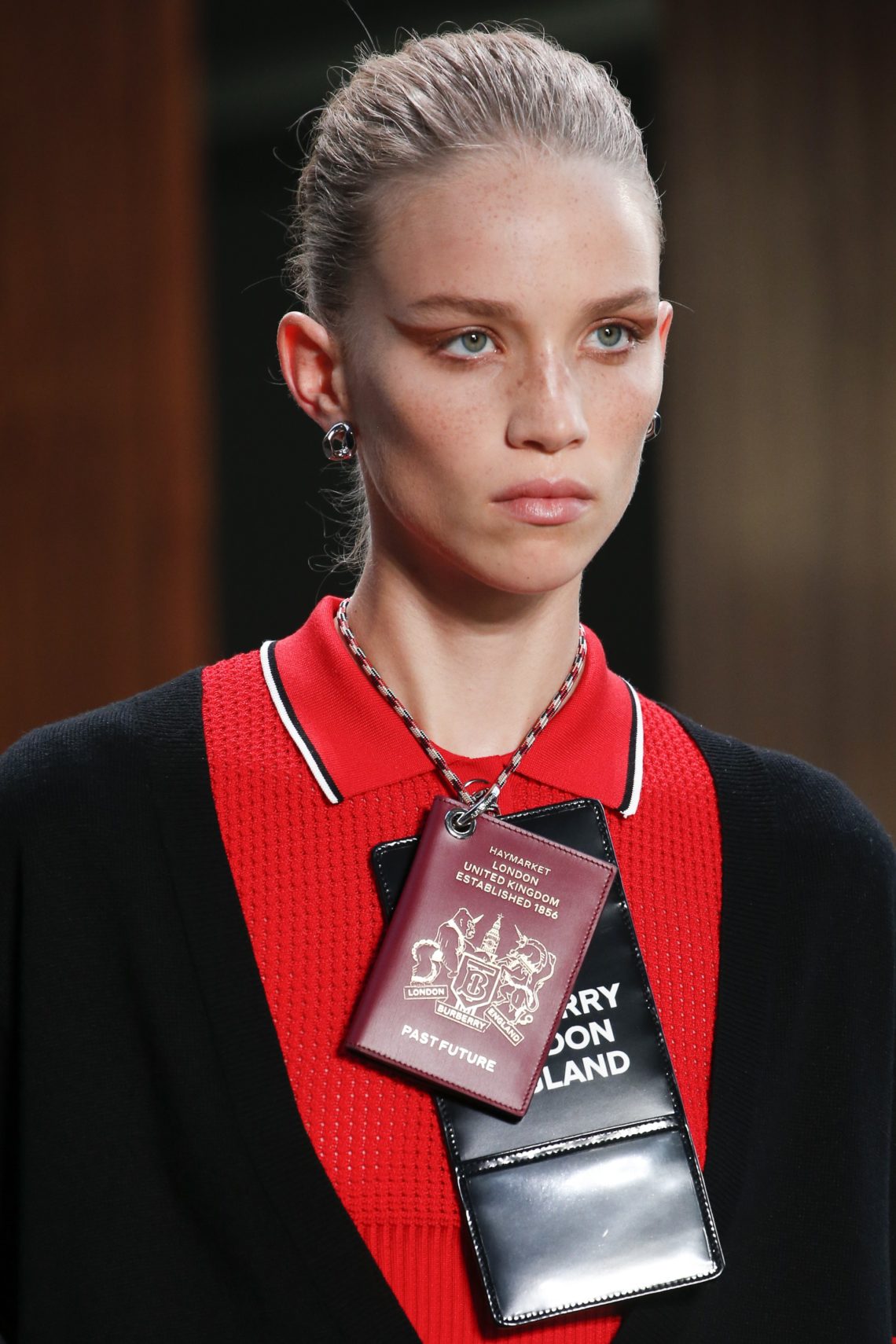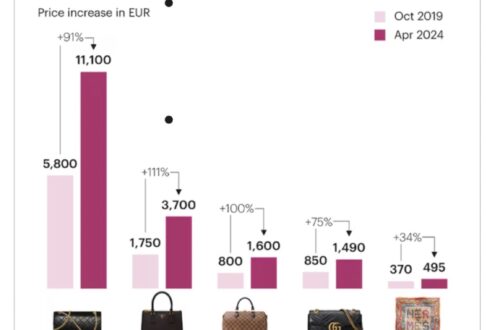Looking beyond some of the more debatable workings of the industry, fashion, by and large, has always been a place in which freedom of expression and ideas – be they as unconventional as often they are – are openly embraced. And indeed this remains the case, to an extent. Yet, with Britain’s current political turmoil, it would be quite difficult for one to disagree with the fact that the British fashion industry would consequently be subject to some constraints, most of which – at least since the formation of the European Union – the region would never have previously needed to pay much mind to.

Riccardo Tisci’s Burberry debut at London Fashion Week last year was met with glowing reviews. The Italian designer showcased a quintessential British collection last September, one that was whipped up mostly from a palette of traditional Burberry shades of beige, camel and red. And yet, one reference of the collection stood out in particular – the replicas of British passports strung around models’ necks. This tongue-in-cheek nudge to Brexit highlighted the current climate of the industry in relation to the region’s impending departure from the EU.
A survey by the British Fashion Council found that 90% of British fashion designers are opposed to Brexit. An unsurprising figure, to say the least. Currently, a lot of work is done with European factories, models and, as seen above, designers, so much so that the closure of Britian’s borders would not bode well at all for the business side of the industry.
Tariffs alone would create for astronomical costs: an estimated £1 billion more each year if a no-deal Brexit carries through. Even with a deal or some sort of free trade agreement, there is at the moment such little information on how it would work and what kind of strings would be attached. For an industry like fashion and luxury that plans upcoming collections so far in advance, this can prove to be a struggle. Prices for clothing, shoes and bags would rise following this, what with higher tariffs on European staff, models and designers. Moreover, the pool of available staff in the UK would shrink as well, causing an inflationary effect on wages.
Even so, it’s hopefully not all doom and gloom. For if 2016’s Brexit vote was anything to go by, an exit from the EU would cause for a crash in the British pound, making exports far cheaper for foreigners. Since the vote 3 years ago, the UK (London especially) has seen a rise in foreign shoppers splurging at Harrods and Selfridges, and spending big on Bond Street. The question of whether or not these higher sales would eventually offset the increase in production costs, however, remains to be seen.
by Sabrina Shahnaz






